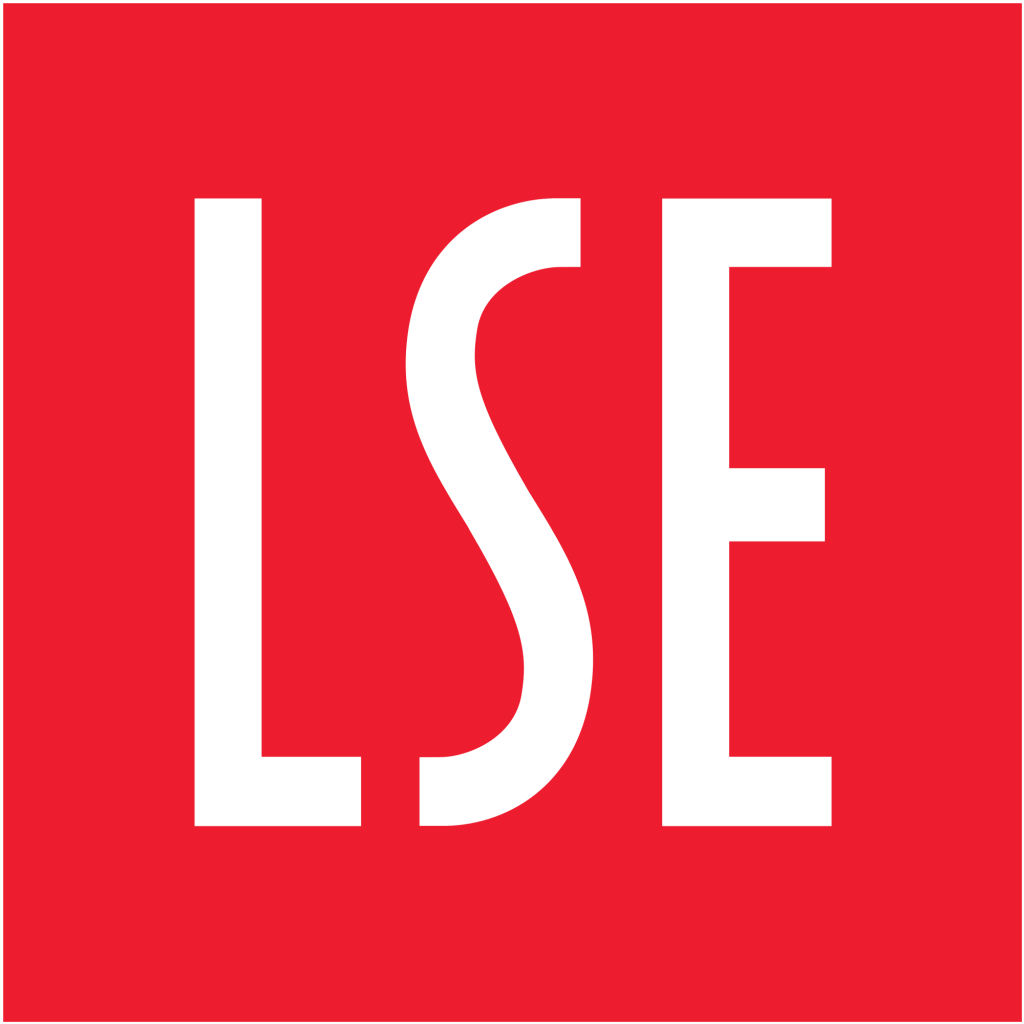You can’t miss him. Standing in front of the Students’ Union each day, seemingly without fail, spooning free plates of vegetarian food to queues of hungry students off his rickshaw, adorned with proselytizing messages about the virtues of vegetarianism. Rakshana Rodik is perhaps as much an institution of the LSE as the beaver that adorns its crest.
Over the last two years, scrambling between classes or just killing time procrastinating, I’ve eaten Rakshana’s wholesome food numerous times, sometimes when I’d forgotten my own lunch, sometimes when I hadn’t. In the heart of mercantile London, at one of the most zealously competitive universities in the world, what belief possesses this man and sustains him in this contradictory environment?
Rakshana’s story is typical of many Londoners and indeed, LSE students and staff. Born in eastern Europe, he initially joined the military out of school in the name of national service but quickly became disillusioned with the political machinations. He then studied medicine for a while and although he didn’t complete his studies, it was medicine’s focus on helping others that became his drive.
In 2004, he moved from Poland to the UK. He started working for Food for All, an award-winning charity that helps those experiencing food poverty by turning over-stocked or wasted produce into healthy, nutritious hot vegetarian meals for those in need. Going from a small enterprise that had only five staff, they now serve 5,000 meals a day across five locations in London. Soon after starting Rakshana was serving food to people all over the city, including London students and the homeless.
Working with Food for All aligned Rakshana’s two main philosophies, vegetarianism and helping others. He says that half of the chefs at Food for All are part of the Hare Krishna movement which workships the Hindu god, Krishna. The Hare Krishna faith in vegetarianism complements his own which he has practised for over 20 years.
But what him drew to the LSE? To serve free food to students, many of whom come from privileged backgrounds and most of whom can probably quite easily afford their own lunch. For Rakshana, this goes back to his Hare Krishna faith. His belief in vegetarianism and the value of teaching this faith widely drives his motivation to serve everyone. In particular, his time as a student himself has left him empathising with the plight of the London student. He worries about the cost of living in London for students and how this must affect their health. By providing nutritious free meals, he hopes that he’s helping them get at least one good meal. At a deeper level, he also hopes to be providing an example for his grateful customers: that helping your community is a noble, worthwhile cause.
This has certainly exacted a cost from Rakshana. He has faced criticism from certain competitors at LSE who aren’t happy with his providing free food. Then there are the costs of actually providing that food. He’s grateful for the donations from local supermarkets who are happy to provide their less aesthetically-pleasing produce and the Indian shops which hand over kilograms of rice each week. Others have been equally generous. His rickshaw, which costs 7,000 pounds, and the van he uses to transport his food, have all been donated through the generosity of Food for All’s donors, most notably, Russell Brand and Paul McCartney.
Rakshana then provides a simple lesson for the many brilliant minds at LSE, especially at the socially-orientated policy school. For budding policy practitioners chasing ‘impact’, Rakshana’s example teaches a simple formula to achieve this effect. He has found a fulfilling life’s work in pursuing his belief in vegetarianism, combining it with his practical man power to spread the word. Committing his own time and resources to the coal-face of food poverty in London, Rakshana demonstrates that technocratic policy expertise isn’t the only way to influence better social outcomes.





